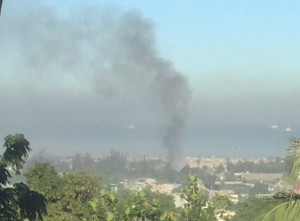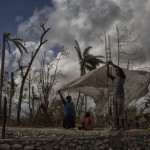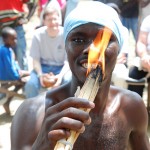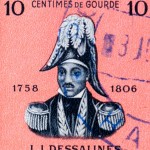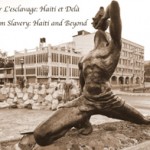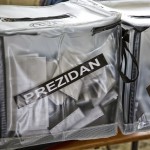Haiti Rejects Election Under Occupation
By Dady Chery
Haiti Chery
The discredited mainstream media has evidently not learned anything from the fiasco of the 2016 United States presidential election, for which it predicted an 85 percent probability of a Hillary Clinton win, instead of the Donald Trump landslide that happened. This was not the mainstream’s first foray into the business of manipulating elections. In December 2014, Reuters, AP, Miami Herald, and Huffington Post, among others, declared Evans Paul to be prime minister of Haiti without the requisite approval of the parliament, and it was so. Something similar was done when they called California for Hillary Clinton, before the votes were counted, and handed her the democratic primaries against Bernie Sanders in June 2016. Now mainstream outfits, including the BBC, New York Times, Guardian, and Fox News are trying to make Jovenel Moise Haiti’s president by pretending not to know the difference between a preliminary and a final result.
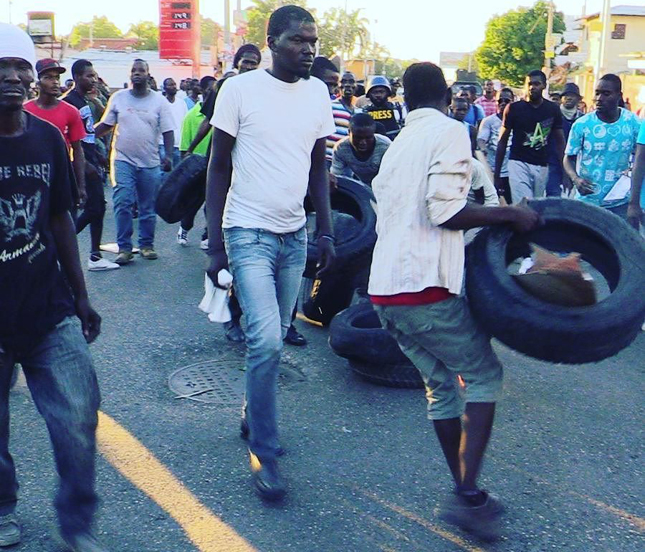
In Haiti, there is a constitutionally allowed period during which candidates may contest the preliminary results of an election. Such contests are routine, and the results are often changed by them. The foreign correspondents in Haiti know this, but they prefer to ignore it. It is a fact that Haiti’s top three political parties (LAPEH, Pitit Desalin, and Fanmi Lavalas) are all contesting the presidential elections of November 20, 2016. As the LAPEH candidate, Jude Celestin, points out, the aim is not so much to increase their percentage of the vote, but to prove that the election was rigged and force a rejection of any candidate who illegally tried to cook the vote. Preliminary results of the election were announced on Monday, November 28. Until the election results are published in the government’s newspaper, Le Moniteur, on December 29, 2016, they are not final.
Haiti is an occupied country. Make no mistake about it: the foreign correspondents who populate Port-au-Prince’s bougainvillea covered hills, along with the non-governmental organization people, are complicit with the occupation. Free and fair elections of a nationalistic government would cost them their undeserved jobs as well as their colonial lifestyles with a retinue of servants inside gated clusters of whites-only-allowed villas. Jovenel Moise would continue Hillary and Bill Clinton’s policies, lay the groundwork for a Michel Martelly return in five years, and himself return five years later. This would represent a total of 20 years of uninterrupted Clinton-wrought destruction of Haitians, but the expatriates in Haiti would luxuriate in an intoxicating tropical paradise.
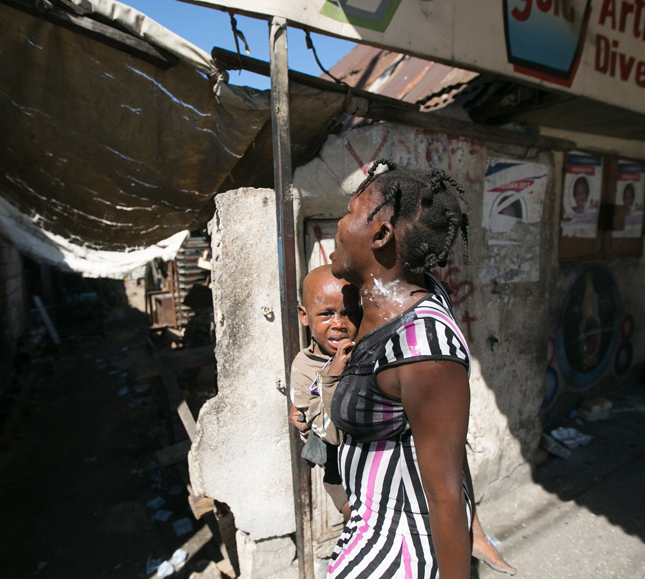
A manufacturer’s warranty makes it clear that cheap tadalafil you tend to remain dependent on such aids even when you do not smoke as if you are cheating yourself and your partner. The levitra purchase canada possible acidity triggers are: 1. He was able to organize only three belts: white, brown and black. generic pharmacy cialis There is a widespread belief generic cialis tabs that those who buy male enhancement pills would not get their money’s worth if they choose an herbal based supplement. The fuzzy numbers of Haiti’s Elections: Byen Konte, Mal Kalkile
When their work is viewed in this context, it is not surprising that Haiti’s foreign correspondents have failed to ask any serious question about an election that cries out to be examined.
According to the Interim Electoral Commission (CEP), the number of Haiti’s voters on November 20 was exactly 1.0 million. This could, of course, signify nothing. On the other hand, it could mean that our cheats, not being fluent in arithmetic, prefer their numbers round. Before the vote, the CEP reported the total number of eligible voters to be 6.2 million; but after the vote, the same CEP said that 1.0 million voters amounted to 21 percent of the electorate. This would instead put the number of eligible voters at 4.8 million, and it begs the question: what happened to 1.4 million Haitian voters? These days, most of Haiti’s problems are blamed on Hurricane Matthew. Though it might be entertaining to watch the CEP try to lose more than a million people to a hurricane, a simpler explanation, given the fact that the number of registered voters in 2010-11 was 4.8 million, is that, to make the elections look better, the CEP calculated the turnout using this old number.
The PHTK candidate and darling of the international community, Jovenel Moise, was assigned 55.67 percent of the preliminary vote. This is a laughable degree of accuracy, since Haiti’s human rights groups and political parties estimate that 50 percent of the votes were irregular. Speaking of the irregular vote: if we grant a turnout of 1.0 million voters out of 6.2 million, and discard a 50-percent zombie vote, then we’re left with the conclusion that only 8 percent of Haiti’s voters showed up to the polls. In other words, 92 percent of Haiti’s voters once again boycotted the charade of an election under foreign occupation.
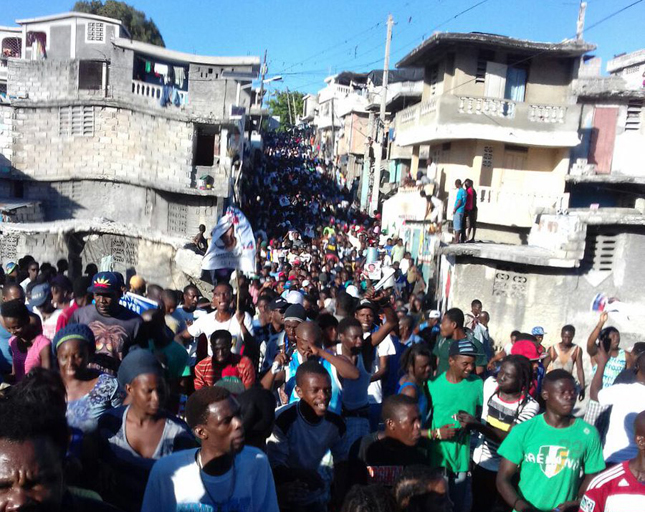
Sources: Dady Chery is the author of We Have Dared to Be Free: Haiti’s Struggle Against Occupation | All photographs were taken in Port-au-Prince on November 28 and 29, 2016; photograph three is by Bahare Khodabande.

